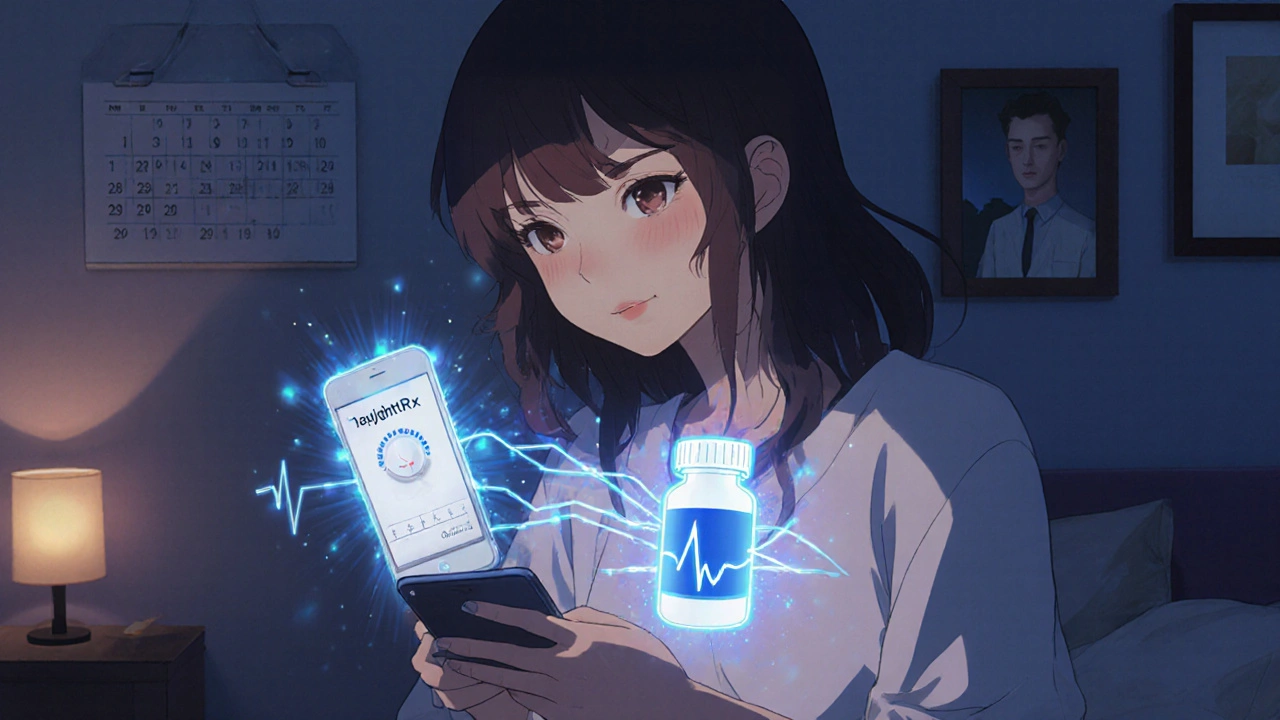FDA Digital Therapeutics: What They Are, How They Work, and What’s Approved
When you think of medicine, you probably picture pills, injections, or devices like inhalers. But now, the FDA digital therapeutics, prescription software programs cleared by the U.S. Food and Drug Administration to treat, manage, or prevent medical conditions. Also known as DTx, these aren’t wellness apps or fitness trackers—they’re clinically tested, regulated tools that work like medicine. The FDA doesn’t just approve them lightly. Each one has to prove it works through real patient data, not just marketing claims. That’s why a digital therapeutic for ADHD isn’t just a game—it’s a program that changes brain activity patterns over time, backed by clinical trials.
These tools are used for conditions you might not expect. For example, there’s a digital therapeutic approved to help with chronic lower back pain by teaching patients how to retrain their nervous system. Another one helps kids with ADHD improve focus through structured cognitive exercises delivered via tablet. Some even support recovery from substance use disorders by providing daily coping strategies and relapse prevention tools. Unlike regular apps, these require a doctor’s prescription and are often covered by insurance when prescribed. They’re part of a bigger shift in healthcare: treatment that’s not just chemical, but behavioral and digital. You’ll find related topics in the posts below—like how drug interactions affect treatment outcomes, how to manage side effects of chronic meds, or how patient adherence impacts results. All of it ties back to the same goal: making treatment more effective, personalized, and accessible.
What you’ll see in the articles ahead isn’t just a list of random health tips. It’s a collection of real-world insights about how medications, devices, and behaviors interact. From how moisture ruins pills to how CYP450 enzymes break down drugs, these posts show you the hidden systems behind your treatment. You’ll learn about safety alerts, storage tricks, and why some patients take separate pills instead of combo packs. All of it connects to the bigger picture: how modern medicine is changing, and how you can stay safe and informed as it does.
Digital Therapeutics and Medication Interactions: What You Need to Know in 2025
Digital therapeutics are now FDA-cleared treatments that help patients take medications correctly. Learn how they work with drugs, where they fall short, and what you need to know in 2025 to use them safely and effectively.

